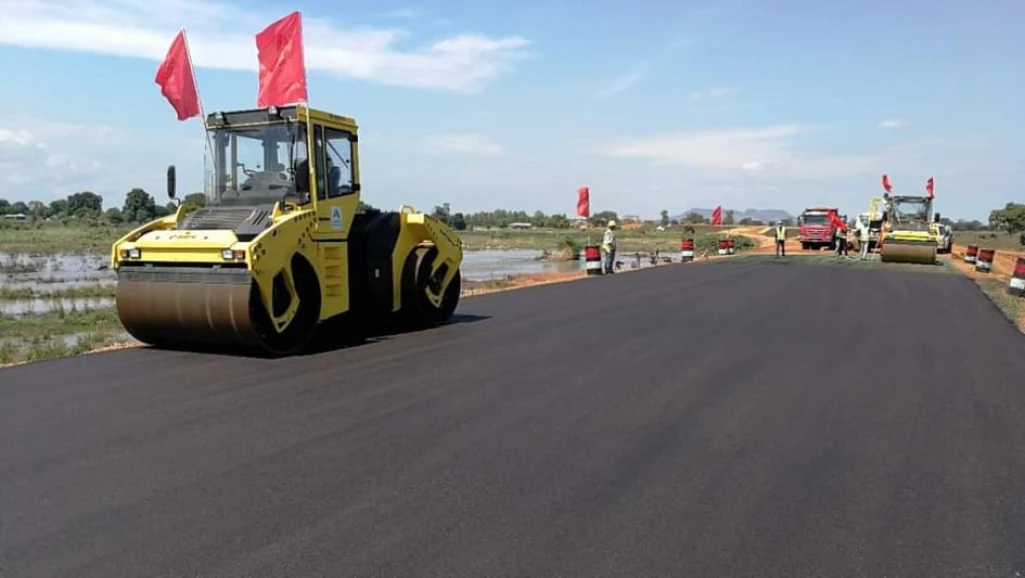
The government diverts public funds to projects that are outside budget process, the United Nations expert panel on South Sudan has said.
In a letter dated 28 November 2022 addressed to the President of the Security Council, the team reveals that millions of dollars that were illustrated in the budget did not appear in the public treasury but are rather spent on individuals’ project that are not part of budget – allegations the government is yet to comment on.
The panel says this has made it difficult to achieve the financial management reform across the country.
The practice, it states, continues to encourage the fragmentation of the finances into budgets and accounts over which individuals can assert control, undermining parallel efforts to centralize the country’s revenues and subject them to meaningful oversight.
“This is exemplified by the continued diversion of public funds, and oil revenues in particular, into accounts and projects managed outside the budget process. Such diversions threaten to undermine the impact of the country’s public financial management reforms, many of which are focused on the budget process,” reads the letter in parts.
“The first half of the 2021/22 financial year provides a vivid illustration. While the Government received in excess of $535 million in oil revenues during that period, none of the revenues reached the Treasury’s accounts from which salaries and ministerial budgets are paid.”
The panel explained that more than 50 per cent of oil revenues, amounting to $268 million, were allocated to the oil-for-roads program detailed in previous panel reports but did not reflect.
The letter also shows that there was an additional allocations of 3% that went directly to the Ministry of Petroleum and to the Nile Petroleum Corporation, which is under the control of the Office of the President.
The UN expert said mismanagement of public funds continue to put South Sudan into excessive borrowing to fill the financial gaps.
“During the first half of the 2021/22 financial year, around $200 million was allocated to repaying previously unreported loans from the National Investment and Development Bank of South Sudan, which has been providing short-term credit to the Government since October 2020,” the letter continues.
The loans, which have been repaid on a rolling basis, are worth a total of more than $675 million, with $540 million borrowed during the 2021/22 financial year. An additional $150 million was obtained from the International Monetary Fund.
“The 2022/23 budget shows a deficit of around 560 billion South Sudanese pounds, creating pressure to borrow additional funds or reduce spending on salaries and other budget lines,” it adds.
An additional $135 million has already been borrowed from the National Investment and Development Bank, with figures seen by the Panel revealing significant borrowing from the Central Bank of South Sudan also, which printed in excess of 270 billion South Sudanese pounds ($423 million) between March and August 2022.
One of the Panel recommendation to the government of South Sudan in regard to financial management is to “manage the oil-for-roads program through the ordinary budget process in order to secure greater transparency and oversight with regard to the allocation and spending of the associated public funds”.